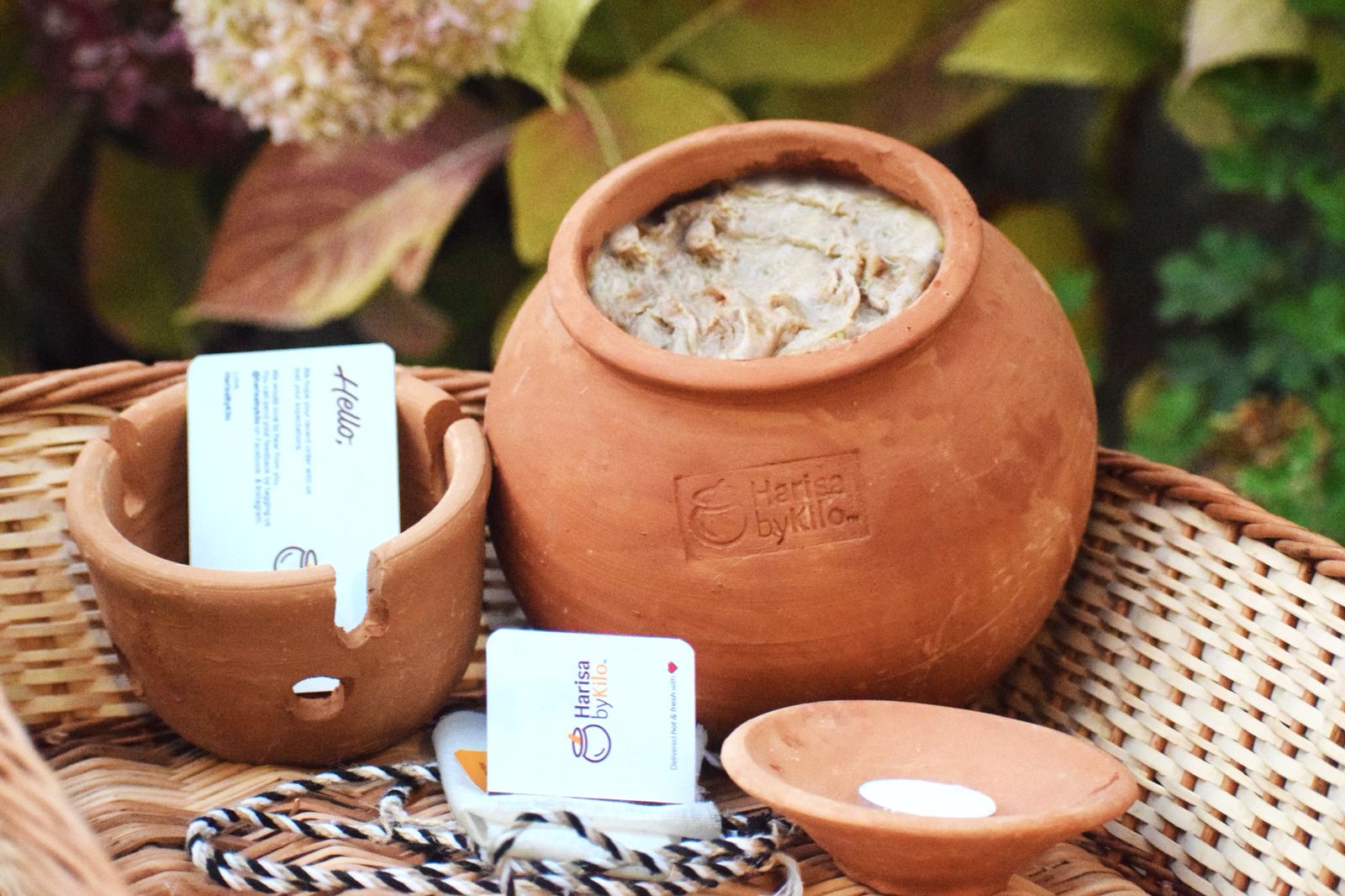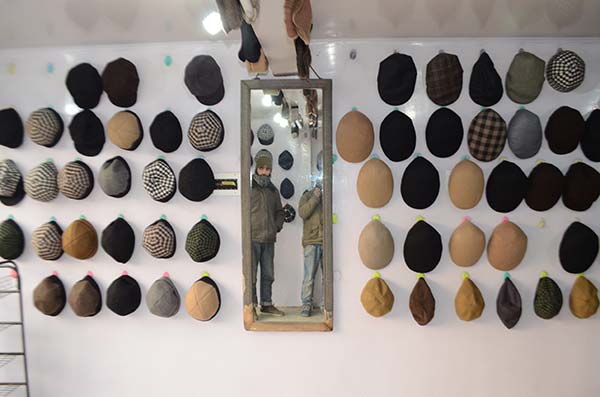by Hilal Shah
SRINAGAR: Kashmir’s favourite winter cuisine is now on doorsteps as Hayat Shafi, a student of Business administration and a young entrepreneur has delivering Harrisa at home. He has branded his concern as Harissa by Kilo (HBK).

“It all started with one wonderful bite of harissa. One morning we were having harissa at home and we wondered how difficult is the beautiful Kashmiri delicacy to have at home, on other hand, ordering western fast food has become so accessible,” Hayat said. “So, with this thought in our mind, we started a small tasting run around the city, research about the traditional techniques involved and that’s how we came up with the perfect traditional harissa recipe.”
Hayat said the response has been encouraging. “The customer experience is fluid, simple, and fast. Ordering from our website takes less than a minute and instant customer support on our socials and WhatsApp makes the user experience top-notch,” he said.
He said that the process is highly channelized with various quality checks to uphold quality, hygiene, and tradition. The production team starts their preparation for the day at 3 am every day and delicacy gets ready by 7 am. “That’s when the logistics team takes over. They put these pots in an insulated wicker basket, also procured from local vendors, to keep the pots warm even in sub-zero temperatures,” Hayat said.
While the team that prepares the delicacy works for four hours, the delivery teams works for three hours only.

Hayat said that the ingredients are handpicked to ensure quality. “Pure lamb meat is bought every day to keep the product fresh and we always use the traditional techniques to maintain the essence of our culture,” he said.
The delivery is made in locally made earthen vessels, which are put in insulated baskets. Hayat said, in order to represent their passion for traditional values, they serve customers in pots gotten from Kralpora. “The Krals, potters, were our way out. We can’t thank them enough as most potters stop making pottery in October, but our partners worked throughout winter, snow, and rain, to provide us with the pots.”















